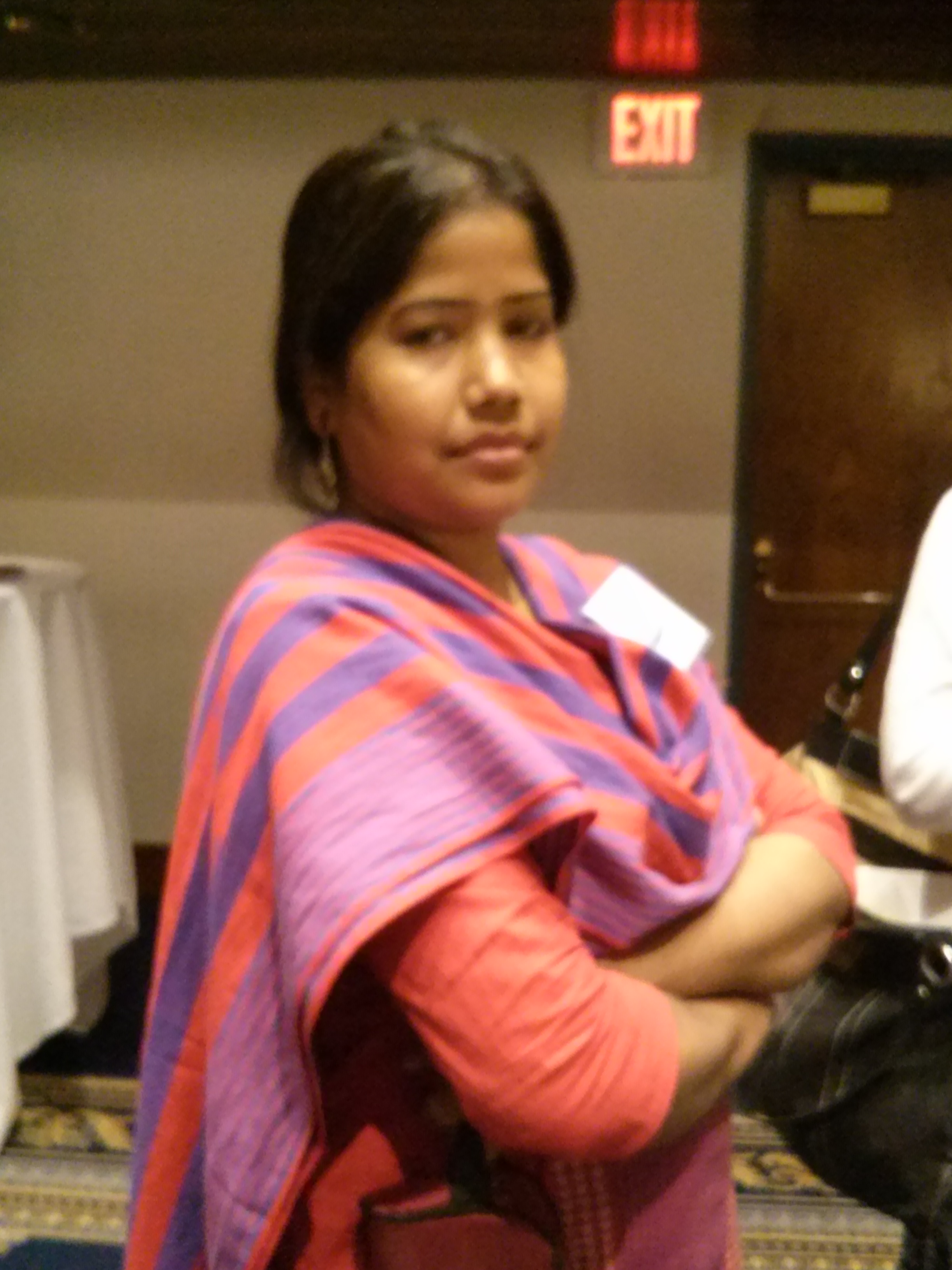Most people have heard at some point of the Union Carbide disaster in Bhopal, India, 30 years ago. Tens of thousands of people were scarred. Dow Chemicals, which bought Union Carbide, is resisting calls to follow a summons issued by an Indian court.
Here is the call to action in Washington, DC at 4:30 p.m. on Tuesday, June 24, 2014 at 1776 I Street NW:
Urge Dow Chemicals to Respect Criminal Summons for Bhopal Gas Leak Deaths
Please join Amnesty International to rally on Tuesday (24th) outside DOW Chemicals in Washington DC to urge them to respect a Criminal Summons for Bhopal Chemical leak deaths. The Court have summoned DOW to appear on July 4, 2014 for a hearing in Bhopal, India.Tens of thousands of victims of one of world’s worst industrial disaster – the 1984 catastrophic gas leak at the Union Carbide plant in Bhopal, India – are still waiting for justice. Thousands died and even after 30 years over 150,000 people are still battling chronic health problems.Background:DOW Chemicals bought Union Carbide in 2001.
A court in Bhopal issued a criminal summons to Dow Chemicals to appear on July 4, 2014 for this case.
Urge DOW Chemical to respect this summons and appear before the Court.The gas leak, which occurred 30 years ago killed between 7,000 and 10,000 people in three days and further 15,000 are believed to have died over the following years.
There are still close to 150,000 people battling chronic health problems. Over 40,000 people are still living next to the factory, and have been exposed to the toxic waste for the last 30 years.
The site has never been properly cleaned and continues to poison the residents of Bhopal.
The industrial skeleton of the former Union Carbide factory today still lies abandoned in the center of Bhopal, with more than 350 tons of toxic waste untreated inside.


